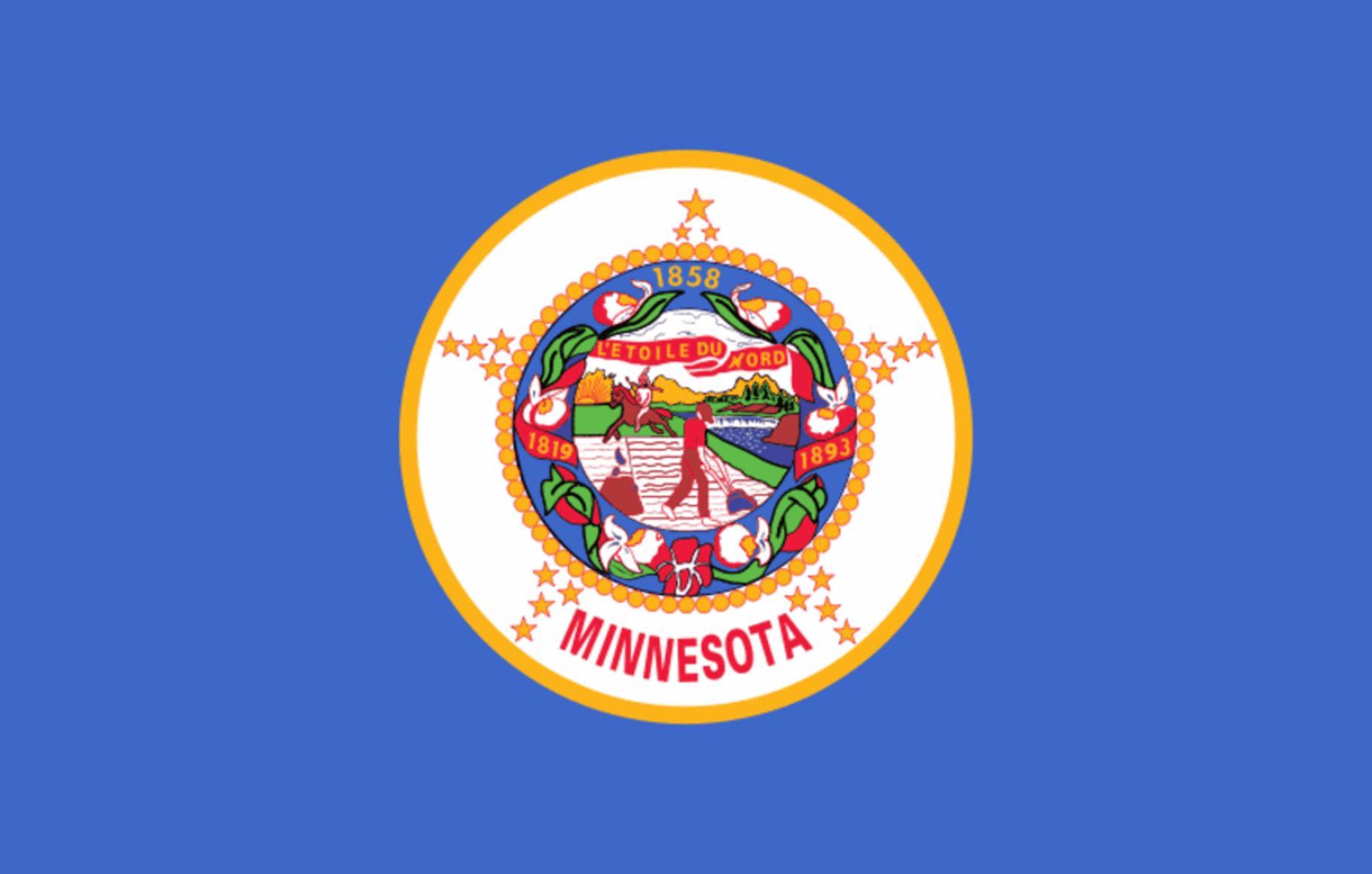Minnesota Gov. Tim Walz (D) signed a bill May 2 that will direct about $2.7 billion to the state’s Unemployment Insurance Trust Fund and repay the state’s $1.4 billion unemployment insurance debt to the federal government. The law also includes about $500 million to send $750 direct payments to 667,000 individuals the state considers frontline coronavirus pandemic workers.
The move will reduce the unemployment insurance tax burden on employers, which increased March 15 to help refill the fund following the coronavirus pandemic.
The legislation is a compromise between the smaller $2.7 billion bill passed in the Republican-controlled state Senate in February, which only included funding for the unemployment trust fund, and the $3.7 billion Democratic House bill passed April 25 that included $1,500 checks for 667,000 state-defined frontline pandemic workers.
Unemployment insurance is a term that refers to a joint federal and state program that provides temporary monetary benefits to eligible laid-off workers who are actively seeking new employment. Qualifying individuals receive unemployment compensation as a percentage of their lost wages in the form of weekly cash benefits while they search for new employment.
The federal government oversees the general administration of state unemployment insurance programs. The states control the specific features of their unemployment insurance programs, such as eligibility requirements and length of benefits.
Additional reading:


